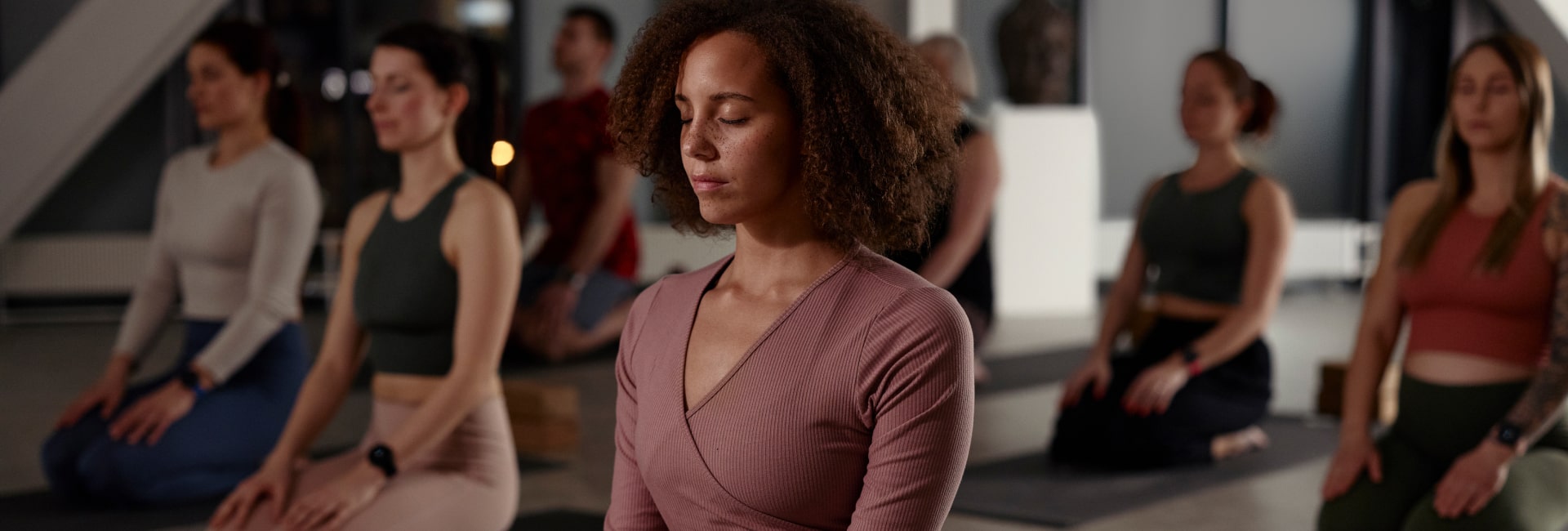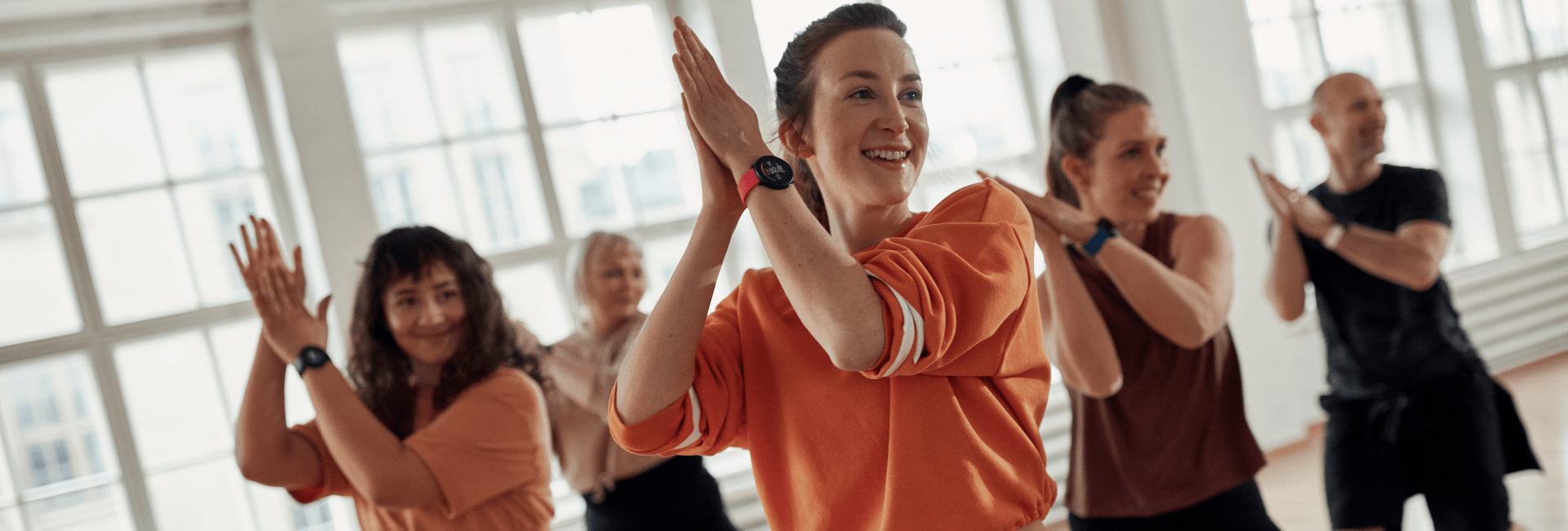Want to build up your mental resilience? Flex those psychological muscles and improve your mental health? Using meditation for strength is a surprisingly effective way to enhance your endurance and adaptability.
We asked meditation teacher Kelly Smith from the Mindful in Minutes podcast to shine a light on how even just 10 minutes a day of quieting your mind can help build the mental muscle you need to navigate everyday life.
HOW DOES HAVING A REGULAR MEDITATION PRACTICE AFFECT YOUR MENTAL HEALTH?
A regular meditation practice can make a world of difference for your mental health. It has been clinically proven that your brain will physically transform after 8-12 weeks of regular meditation practice (around 10-30 minutes daily) because your brain is constantly changing and morphing – an idea called neuroplasticity.
With regular meditation practice, the pain and anxiety center of the brain known as the amygdala begins to shrink in size, and the frontal lobe, or the area of the brain associated with decision making and emotion regulation, grows in size. So, you can decrease anxiety, pain, and depression and increase rational thinking and positive thoughts.
It has also been shown that those with a regular meditation practice self-report having a more positive outlook on life and a greater sense of wellbeing.
Have there been any studies into meditation for strength and mental resilience?
There have been several studies done that show a correlation between mental resilience and regular meditation practice. These studies were conducted on a variety of people, including soldiers, college students, and parents.
These studies showed that a regular meditation practice could help you regulate your emotions and not get overly emotional in challenging or taxing situations. This results from the increased size and strength of the prefrontal cortex, the area of the brain associated with resilience and mental toughness.
It is also believed that meditation can help you keep a clear mind and not become overwhelmed or flooded with thoughts during overwhelming and stressful situations.
SHOULD YOU WAIT UNTIL YOU’RE HAVING A ‘BAD’ DAY TO GIVE IT A TRY?
There is no better day than today. So if today is a bad day, a good day, a mediocre day, or anything in between, it is the perfect day to start.
You can get the benefits of regular meditation practice in a little as 10 minutes per day. No matter how busy you are or what is happening in your life, you can find those 10 minutes to begin a daily meditation practice. Decide you’re going to do it and follow through.
How can this mental resilience enhance your workouts/runs?
We all know that when working out, it’s often not just about your physical strength. Our minds can give up before our bodies are tired. We can also struggle to stay focused or mentally push ourselves when working out.
Suppose you can increase your mental resilience and mental toughness. In that case, you are more likely to take on challenges and feel able to push yourself to a space where you are increasing your physical strength/stamina and not just settling for good enough.
CAN MEDITATION BE SEEN AS A TYPE OF TRAINING?
Absolutely! I like to think of meditation as weight lifting for your brain. It has many physical benefits like decreasing your stress, blood pressure and improving your heart health and hormone production.
Meditation also physically changes your brain and increases the parts of the brain associated with problem-solving, mental resilience, and emotion regulation and makes them larger and denser. This allows these areas to become stronger and have better overall functioning.
If you’ve never meditated before, what’s an easy way to get started?
Meditation is not as mysterious or challenging as many believe. It can be a simple ten-minute practice each day.
You can begin by finding any comfortable position (you do not have to mediate in a criss-cross applesauce position) and connect with your breath quietly.
You can also follow along with a guided meditation like the hundreds I have here on my podcast Mindful in Minutes, or if you want some extra help you can join this free 7-day meditation challenge that will help you set up a practice and guide you through your first week.
If you liked this post, don’t forget to share so that others can find it, too.
Or give it a thumbs up!
I like this article
Please note that the information provided in the Polar Blog articles cannot replace individual advice from health professionals. Please consult your physician before starting a new fitness program.





